Ms. Pham Thi Thanh, a resident of Hoai Duc, Hanoi, is currently the head of sales at a real estate company. In May 2024, Ms. Thanh decided to sell her two-bedroom apartment and purchase a three-bedroom one instead.
According to Ms. Thanh’s calculations, after selling her current apartment and deducting brokerage fees, she would receive VND 2.4 billion. Meanwhile, the three-bedroom apartment she intends to buy is priced at VND 3.3 billion. This means she would need to cover an additional VND 900 million. Ms. Thanh and her husband plan to borrow this amount from a bank.
“With interest rates for home loans currently being very favorable, my husband and I decided to upgrade to a larger apartment to better accommodate the needs of our family,” shared Ms. Thanh.
After researching interest rates, early repayment penalties, and other costs associated with obtaining a credit contract, Ms. Thanh chose to apply for a loan at a foreign bank. However, during the information assessment and approval process, her application was rejected by the bank due to her not having paid social insurance contributions for the past two years.
“I currently hold the position of head of sales at a real estate company. My bank account statements show consistent commission earnings. My average monthly income is over VND 50 million. Nevertheless, my loan application was still denied. A credit officer from the bank explained that because I hadn’t paid social insurance, the approving department considered my income unstable,” Ms. Thanh explained.
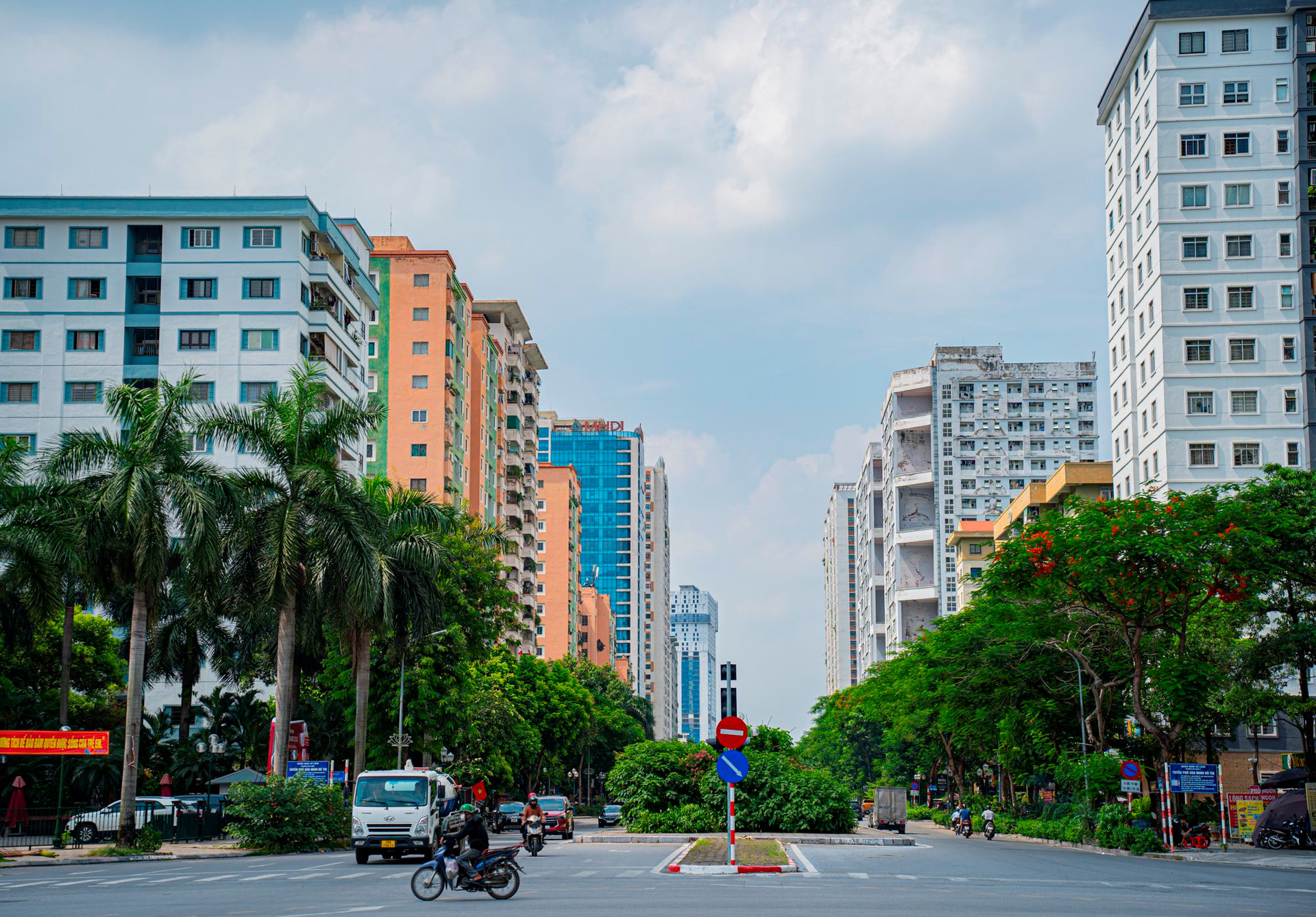
Illustrative image.
This was the reason why Ms. Thanh had no choice but to opt for a loan from a domestic private bank, accepting a higher interest rate. In return, the loan approval process for assessing her debt repayment capacity was more relaxed.
According to the regulations of some banks, for mortgage loans, i.e., borrowing money based on real estate assets, borrowers must prove stable income. In addition to providing information about their employment contracts, banks also require salary statements from the borrower’s bank account for the last six months.
Ms. T.H., head of a department at a foreign bank, revealed, “At certain times, banks may relax loan requirements, accepting only employment contracts and salary statements with the company’s red stamp. However, many banks, especially the Big 4 banks or foreign banks, have very strict loan requirements.”
For example, some banks mandate social insurance contribution information for the recent period. This is the clearest proof that the borrower is genuinely employed by the company and has a steady income. Therefore, even if the borrower has income from leased assets, business, or investments and enjoys a good income, they may still be denied a loan,” she added.
The credit officer also shared, “Many people who take out home loans mistakenly believe that if they own an apartment worth VND 5 billion, they can borrow up to 70% of its value. However, to be eligible for a 70% loan-to-value ratio, the borrower must have a good income to ensure their debt repayment ability. For married couples, the repayment capacity is calculated based on the total income of both spouses.
Additionally, the approval process and disbursement for condominiums or villas and adjacent plots in planned projects with land use rights certificates are more likely to be approved for loans. The approved loan value for this type of real estate is also better than that of residential land within the community. Especially for assets that do not have structures built on them, the loan procedures and amounts tend to be lower.”








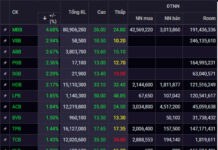

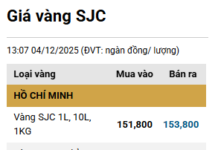


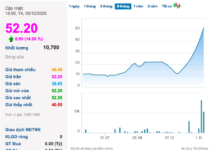










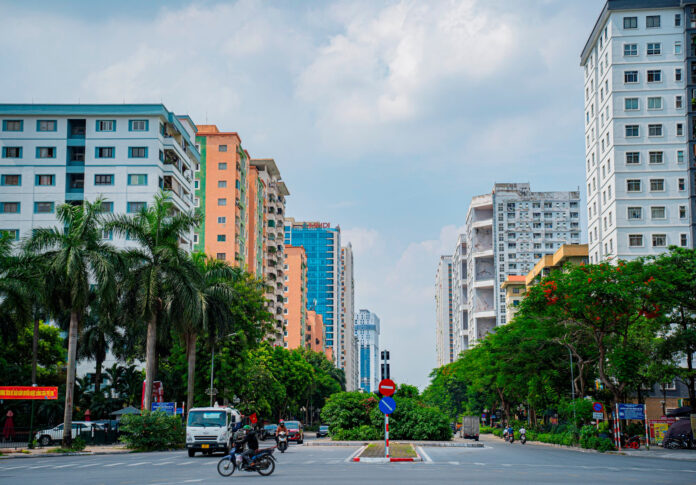
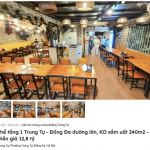










![[Infographic] Comprehensive Annual Bank Performance in 2023](https://xe.today/wp-content/uploads/2024/03/info-kqkd-ngan-hang-2023-100x70.jpg)

